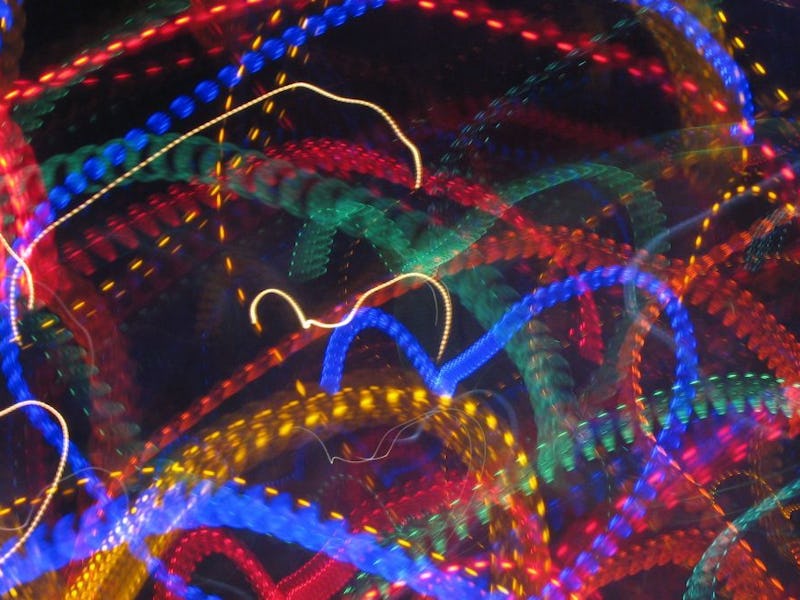The Club Drug Ketamine Might Be the Ultimate Anti-Depressant
Special K has remarkable effects in a clinical setting and widely varied effects in a non-clinical setting.

Last-ditch depression treatment isn’t the first thing that comes to mind when thinking about ketamine, the OG club-kid drug. But Special K’s powerful effect on the brain is, despite calls for regulation, quietly making life better for patients desperate for help. Pharmacology researcher Daniel Lodge, Ph.D. is at the forefront of these efforts and though he’s well aware of ketamine’s potential for abuse, is more than an advocate for its use; he’s hoping ketamine can reveal what we need to know to make antidepressants even better.
“The scientific evidence is there that this drug is effective,” Lodge told Inverse. Though people might not realize it, he says, it’s already being administered in hospitals nation-wide on patients who don’t respond to traditional drugs, like Prozac and Zoloft. The drug itself is cleared from the body relatively quickly, but the antidepressant response kicks in within hours — other drugs take up to two weeks to take effect — and can remain for up to a week. And when it comes to treating severely depressed, suicidal patients, timing is everything.
There’s no doubt that ketamine is powerful stuff — too powerful, unfortunately, for it to become a first-line treatment.
Despite its unprecedented success in treating depression, ketamine’s potential for abuse is simply too high, admits Lodge. After all, it became a party-drug staple because of its hallucinatory, euphoric effects. “You can’t just tell a person to go home and take the drug on a routine basis,” Lodge says. These days, administration only happens in tightly regulated clinical settings, together with a sedative like a benzodiazapine to prevent patients from careening down the K-hole when they’re supposed to be treating their depression. “It’s an anesthetic,” he says. “It does produce hallucinations and psychosis-like effects. If you’re in a setting that’s not controlled, that’s not really a good idea.”
Lodge’s goal is to figure out how to minimize the drug’s psychotic effects while maximizing its antidepressant properties. In a recent study published in Molecular Psychiatry, he reported his team’s discovery of the two “similar but different” brain regions associated with the effects. He’s hoping to figure out what drug might target the region that produces the antidepressant response while avoiding the part associated with hallucinations and abuse. “That could lead to something you could give to patients and send them home to take on a regular basis,” he says.
Ketamine’s just another substance on a long list of maligned party drugs whose medically relevant effects are being investigated in academic settings. Though fears of drug abuse will always persist — as will our propensity to try to eke highs out of any substance we can get our hands on — there’s no reason to treat ketamine differently than other drugs, says Lodge.
“We give opiates out like candy,” he shrugs.